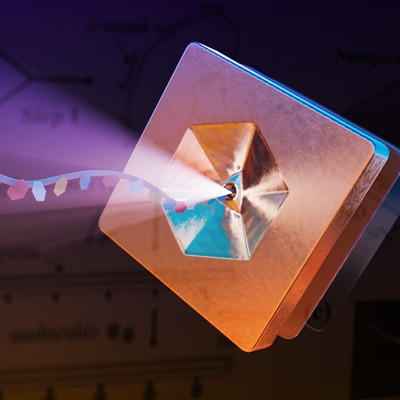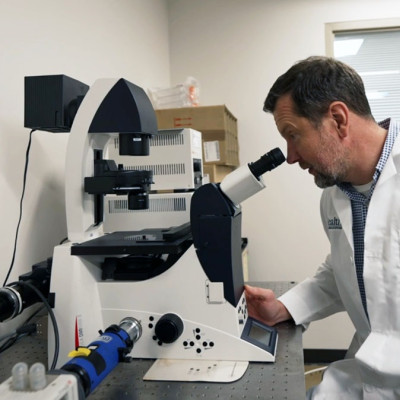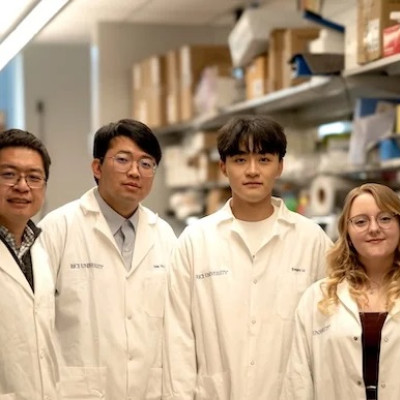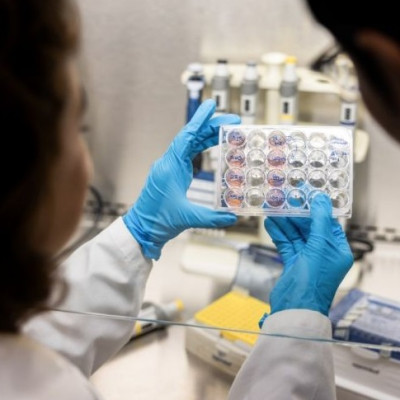Cambridgeshire-based company Paragraf is starting a two-year programme to develop a proof-of-concept combined PCT (procalcitonin) and CRP (C-reactive protein) test, on a single panel.
This collaboration utilises a £550,000 Biomedical Catalyst grant award from Innovate UK, the UK’s innovation agency.
Paragraf is collaborating with the Universities of Liverpool, Manchester and Newcastle, Newcastle upon Tyne Hospitals NHS Foundation Trust and Manchester University NHS Foundation Trust (MFT) on the development.
A clinical study of the combined PCT/CRP test will be delivered at MFT’s Diagnostics and Technology Accelerator (DiTA) in mid-2023. DiTA aims to address unmet needs, transform patient care and improve efficiency within the NHS, by facilitating the rapid translation and adoption of new innovations into the health and care system. The project is expected to be completed by the end of May 2024.
Paul Dark, Professor of Critical Care Medicine at The University of Manchester, who also leads the National Institute for Health and Care Research (NIHR) Manchester Biomedical Research Centre (BRC), Respiratory Non-fungal Infections Programme, said: “We expect to show that our proposed acute inflammatory marker test will have the capability to deliver accurate results for emergency patient care within a few minutes, from a small sample of blood. The accuracy of the test is envisaged to be at least comparable with hospital centralised lab-based immunoassay (antibody) tests which can take hours to provide results back to emergency services.”
Enitan Carrol, Professor of Paediatric Infectious Diseases at the University of Liverpool, said: “This technology reduces the time and complexity of sample preparation which, together with its rapid measurement speed, provides clinicians with accurate results in a timeframe that allows immediate decisions to be made on antimicrobial prescribing. This is especially important for the treatment of children and neonates.”
Malcolm Stewart, Paragraf Diagnostics Business Development Director, said: “This graphene-based diagnostic test is expected to become the first test in the world to give clinicians the ability to identify patients who need an antibiotic treatment within the space of a regular 15-minute clinic appointment. It encourages antimicrobial stewardship by giving clinicians the insight into when not to prescribe antibiotics as the test result differentiates viral from bacterial infections.”
Dr Will Jones, Senior Clinical Test Methodologist at the National Institute for Health and Care Research (NIHR) Newcastle In Vitro Diagnostics Co-operative (MIC), who will oversee the interviews with stakeholders, said: “This exciting project provides the opportunity for clinicians, patients and the public to shape the development of a novel diagnostic test technology.”
Paragraf raised $60 million in Series B financing announced on March 1, 2022.
Read the original article on University of Liverpool.







